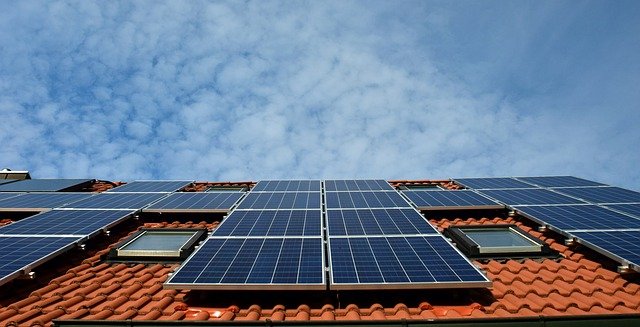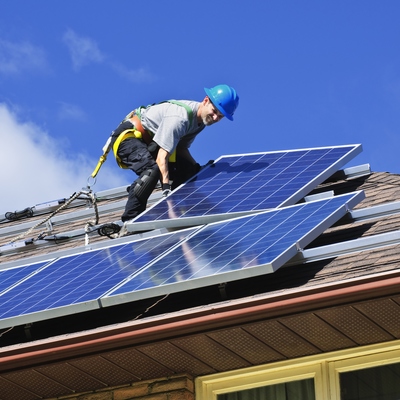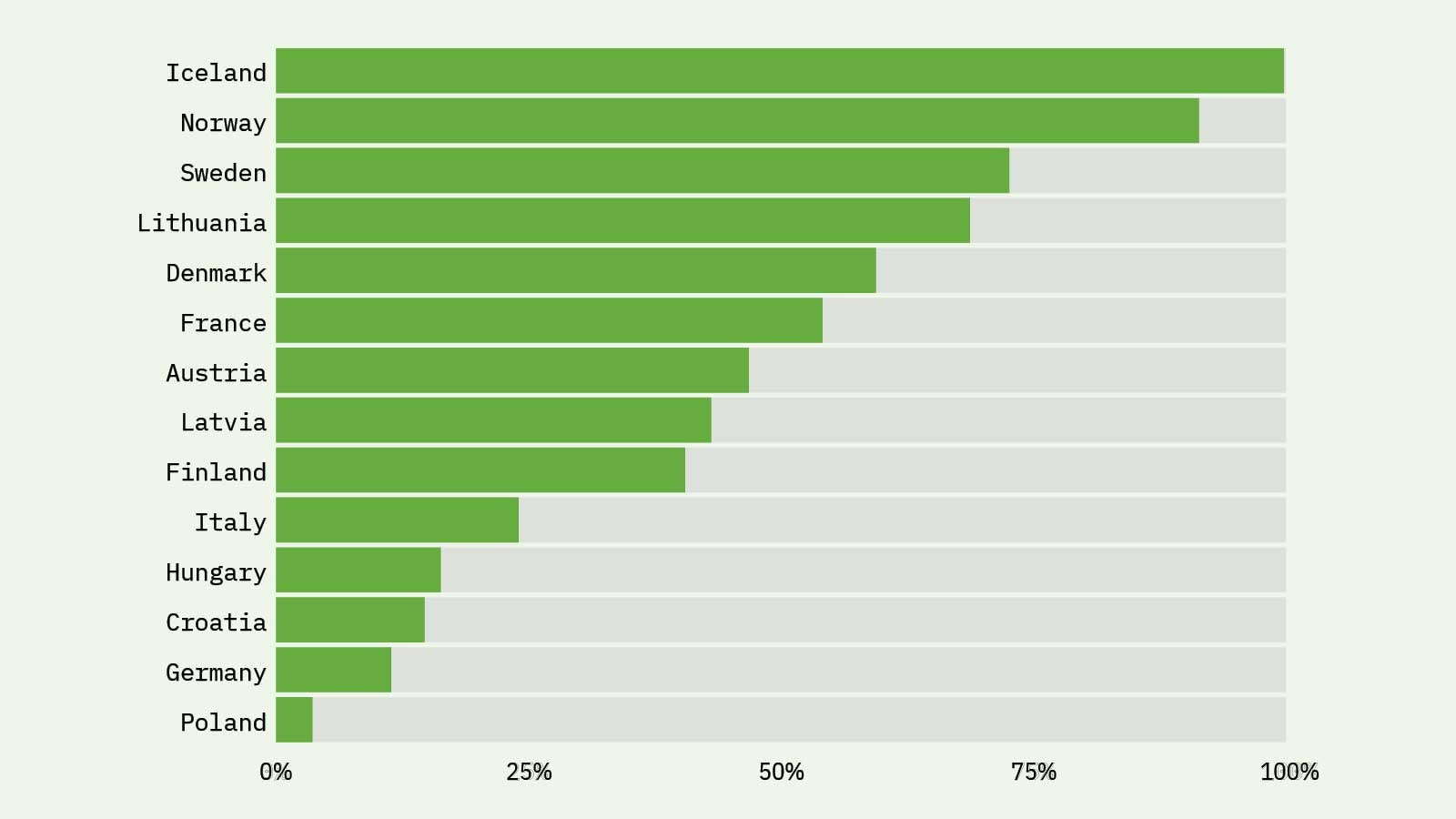
The cost of solar panels varies widely from home to home, and there are a variety of factors that can affect the cost. These factors include system size, tax credits, and quality of panels. It is important to remember that not all solar systems qualify for tax credits. You must install your system at a certified facility.
Installing solar panels is an average cost
The size of your system and the number you have will affect the average cost to install solar panels. The average cost of installing a residential 5kW system is $3 to $5 per Watt. The cost of a residential 5kW system includes installation costs, labor and any incentives provided by the state. A system with more panels will require a higher total cost, but may generate more energy per unit.
Another factor that impacts overall cost is the brand of solar panels. SunPower panels will have the highest prices, but most other manufacturers are comparable. The overall cost will depend on a variety of factors, including the size and quality of the solar panels.
Tax credits
Solar tax credits are available to offset the cost for solar panels and other equipment. They are based on how much electricity you generate, and may be paid as a tax rebate or incentive. Some people, especially those with fixed incomes, may not be eligible for these credits.

To claim these credits, you need to prove the expenses you've incurred for the installation of solar panels. To do this, you can file IRS Form 5695. A tax professional can help you with the process if you have any questions. Gather all receipts of expenses and complete the appropriate form.
Quality solar panels
There are some things you need to look out for when you want to invest in solar panel. A solar module should be free from dirt and contain inert materials. It should also have a label of high quality on its exterior. If it doesn’t, rub it using pure alcohol to make sure the text isn’t peeling. If you see any imperfections, it's probably a cheap product. Also, check for external particles such as soldering or cloth.
The efficiency of a solar panel depends on many factors. Some panels have higher efficiencies than others. The panel's size, type, and construction also have an impact on its efficiency. The efficiency of the panels is also affected by the quality of the silicon material, the number or busbars and the anti reflective coating.
System size
Your solar panel system's size is one of the most critical decisions you will make. It will determine how much space is required for installation, how much energy the panels will generate, and how much the system will cost. The cost of your system's lifetime energy savings will be determined by it. Buskowitz Energy can help determine the size and budget of the solar panel system that is right for you.
You must first calculate your monthly electricity consumption in order to determine the appropriate size of solar panel system. Calculate the monthly kilowatt hour consumption and adjust for changes in weather. You could store more power than you use every day and sell it back to your local grid.

Savings from switching to solar energy
Switching to solar energy will help you save money on electricity. There are several factors that will impact the savings. Your home's exposure to direct sunlight will have an impact on how much you save. Your roof's size and angle are also important. The energy prices in the area will also influence your savings. In most cases, solar power can offset higher rates.
In most cases, switching from fossil fuels to solar energy can drastically reduce your energy bill. As your panels produce more electricity than you use, this can be a significant financial benefit. It can drastically reduce your electric bill, or even eliminate it entirely.